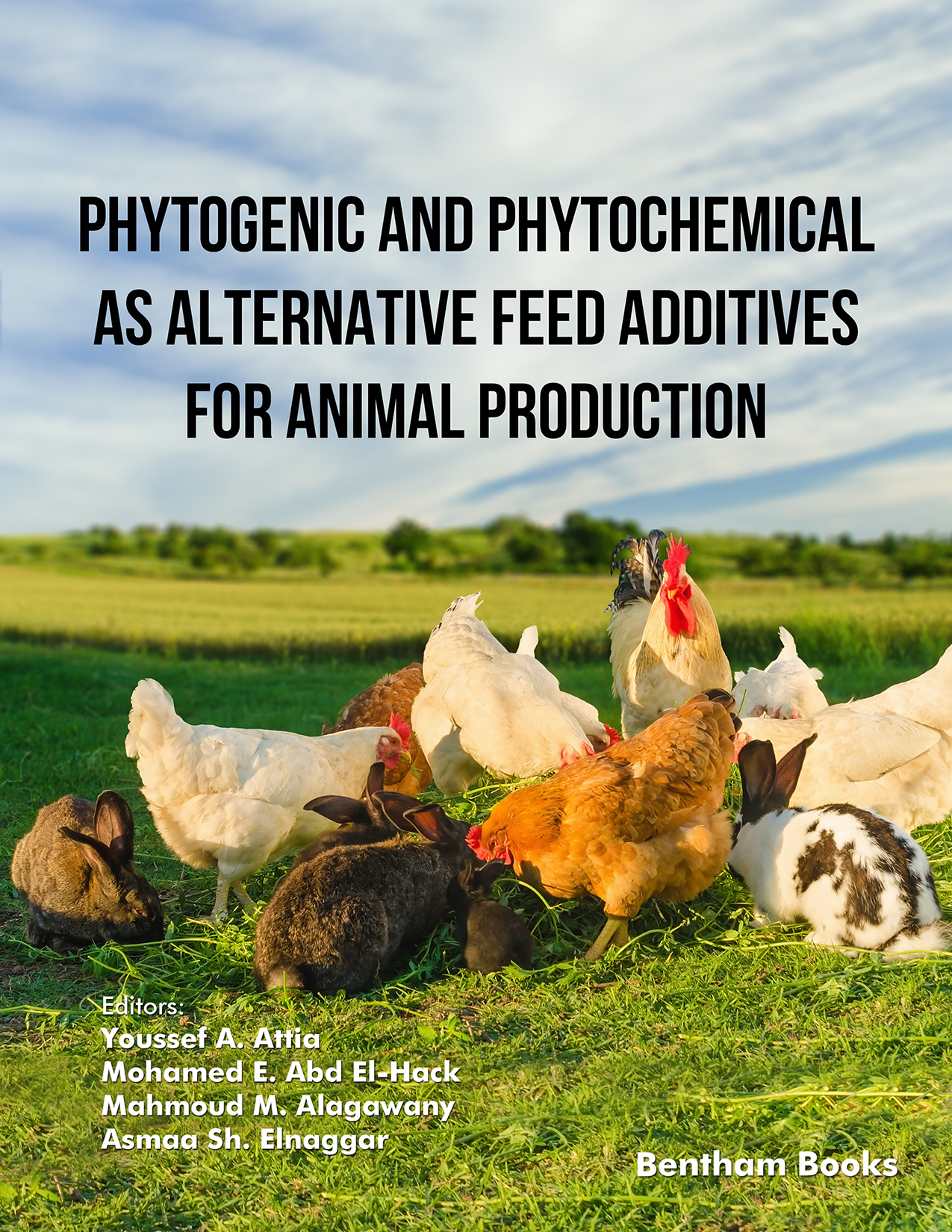Introduction
Phytogenic and Phytochemical as Alternative Feed Additives for Animal Production explores the use of plant-derived compounds as innovative feed additives to enhance animal health and productivity. With growing concerns over antibiotic resistance and the ban on antibiotics as growth promoters, this book highlights phytogenic feed additives (PFAs) such as essential oils, flavonoids, and saponins as sustainable and effective alternatives.
The book covers various PFAs, including thyme, turmeric, milk thistle, rosemary, bee pollen, and propolis, and their roles in improving growth rates, gut health, immunity, and product quality while mitigating environmental and health risks. The book also provides practical insights for the livestock industry and food sectors to enhance animal well-being and food safety.
Key Features:
- - Reviews the latest research on natural PFAs.
- - Highlights their antioxidant, antimicrobial, and growth-promoting properties.
- - Provides practical applications for sustainable livestock production.
Readership
Ideal for researchers, students, and professionals in animal science and nutrition.

